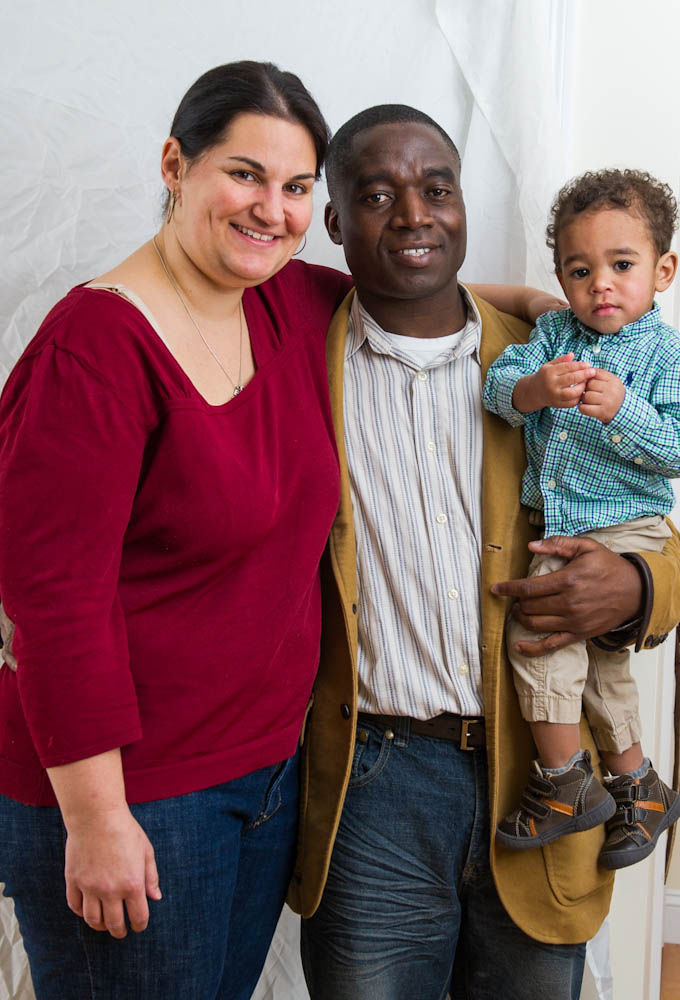Editor’s Note: This is the second in our series of stories celebrating Moms this Mother’s Day weekend. Yesterday, Michelle Maloney shared her story. Today, it’s Allison Bellevue’s turn.
By Christine Triantos
In one whirlwind year, Allison Bellevue moved to Boston, started a new job, met her future husband, and discovered she was pregnant. Compared to what followed, that year was a breeze.
When Bellevue, now 31, went for her first fetal ultrasound, doctors noticed a small mass on her right ovary. They told her it was likely a cyst, and they would keep an eye on it over time.
A month later, the mass had grown enough to warrant removal. Three days after surgery, when Bellevue was 17 weeks pregnant, her obstetrician delivered some jolting news: Bellevue had ovarian cancer.

“I heard those words and I stopped listening,” says Bellevue. “I thought, this can’t be happening.”
Though she knew her health was in jeopardy, Bellevue was more concerned about her pregnancy and the baby. She and her partner, Ruyter, braced themselves for treatment.
Bellevue turned to Ursula Matulonis, MD, a medical oncologist in the gynecologic oncology program in the Susan F. Smith Center for Women’s Cancers at Dana-Farber/Brigham and Women’s Cancer Center (DF/BWCC). Though Bellevue’s situation was rare, it wasn’t the first Matulonis had seen. She developed a specific treatment plan to address her patient’s early-stage, clear-cell ovarian cancer — an aggressive type for which chemotherapy would be required, but would be delayed until her second trimester.
“You hear the words ‘chemotherapy’ and ‘pregnancy,’ and wonder, ‘How in the world am I going to have a healthy baby?’” says Bellevue. But she was reassured by Matulonis’ approach and expertise. “She looked me right in the eye, started from the beginning, and explained it all. She answered my questions without my having to ask them.”
Bellevue began chemotherapy in her 23rd week of pregnancy. Throughout treatment, Matulonis stayed in contact with Bellevue’s high-risk obstetrician and her surgical team.
“We have an obligation to make sure the patient and the baby are as healthy and safe as possible, and it’s very important to work as a team,” Matulonis explains, adding that nurses, social workers, and an OB/GYN surgeon were among those coordinating Bellevue’s care.
She had her final treatment in September 2011, and nearly a month later, she gave birth to Lucas, a healthy, seven-pound-plus baby boy.
Seven weeks after Lucas was born, Bellevue’s right ovary was removed at DF/BWCC. Today, she celebrates her second Mother’s Day with Lucas, and her two young stepsons.
